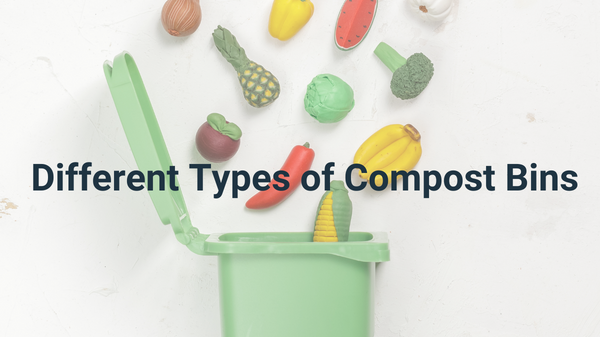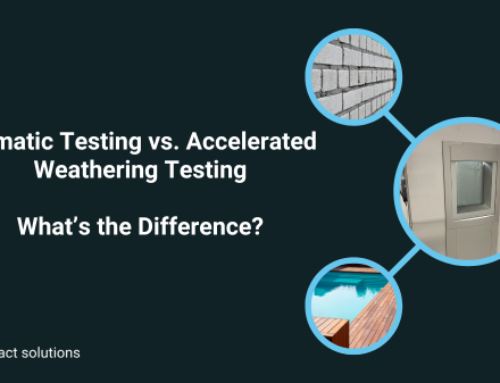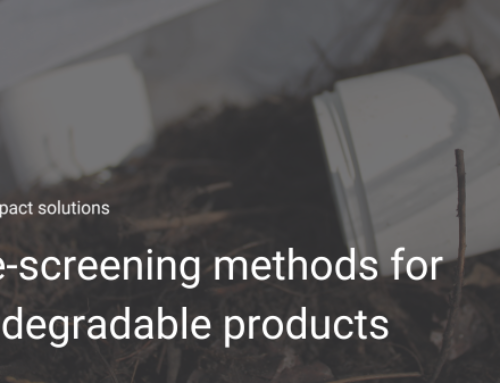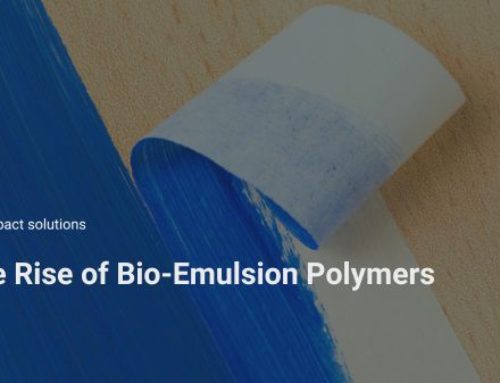A compost bin is a very generalised term for a designated area in which organic waste is placed. Compost bins reduce food waste and provide a clean space to create highly nutritious compost for your plants.
The decomposition process will eventually take place over time even without any housing to contain the matter just like leaves would eventually break down over several years. However, the use of a compost bin speeds up the decomposition of organic matter through controlled conditions.
What are the different types of compost bins?
Compost heaps or piles, DIY compost box, hot bin composters, kitchen countertop electronic composters, bokashi compost bin and wormery compost bins. There are many ways organic waste can be turned into a nutrient rich compost with each type of compost bin having its pros and cons. DIY composting or heaps that have no housing or a container can have the risk of attracting rodents and other pests particularly if animal scrap and meat are being put in it, however, they can be created very easily. More innovative kitchen countertop composters such as Lomi produce compost extremely quickly and contain smells from food waste but they come with a big price tag.
Different types of compost bins take different feedstock
Compost feedstock is organic materials, usually solid, and usually in an active state of decomposition. More than any other factor, the feedstocks determine the character of the compost and the temperament of the composting process. Drainage, aeration and temperature all can impact the microbial activity that takes place and therefor the speed of decomposition.
Compost bins that are designed to produce compost quicker should have smaller organic waste pieces like fruit and veg peelings that can be broken down more easily by microorganisms. Where time is no concern, compost piles can have larger organic waste pieces like garden waste which take a lot longer to break down.
Animal waste is discouraged to be added to most composting bins unless they produce high temperatures as it produces methane gases and attracts many unwanted pests, but worse can carry dangerous bacteria.
Composting at Impact Solutions
Impact Solutions use compost to conduct various biodegradability tests, including tests set out within the BS EN 13432 requirements for packaging recoverable through composting and biodegradation. If you have a product that requires biodegradability or disintegration testing within a compost environment, get in touch with our technical team who can talk you through your next steps.





